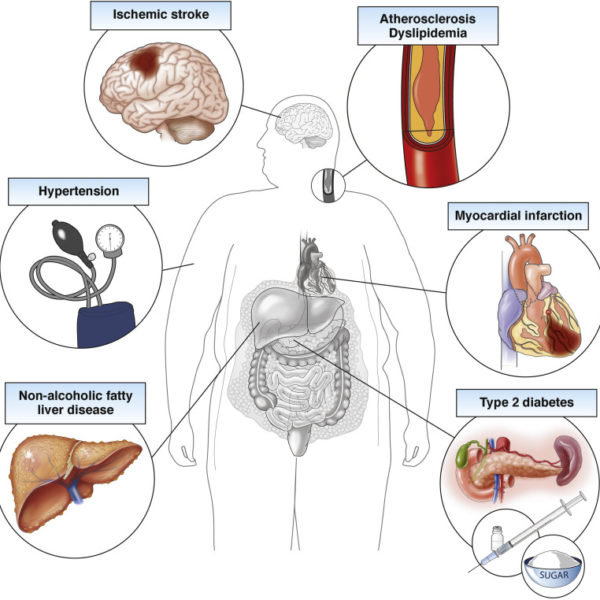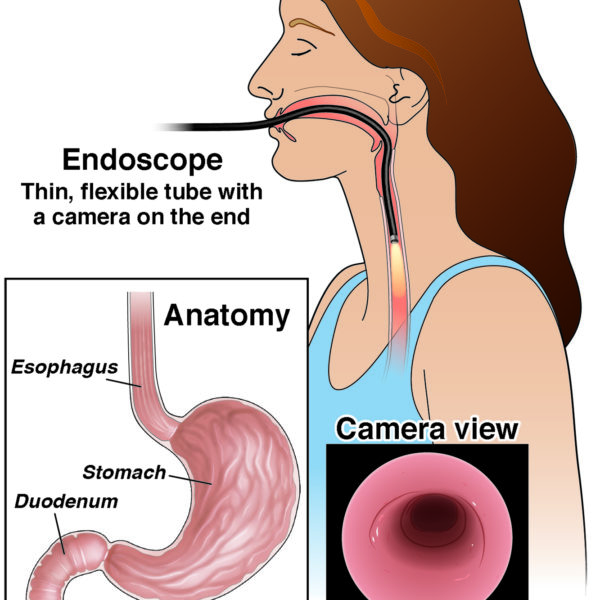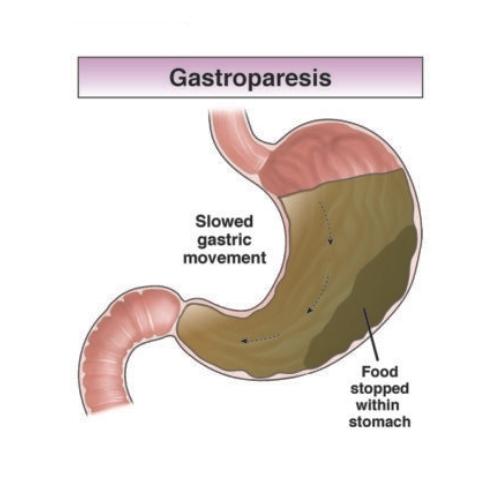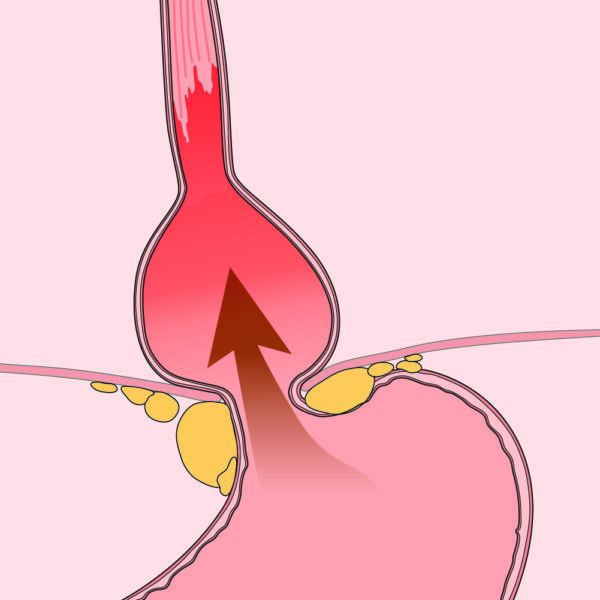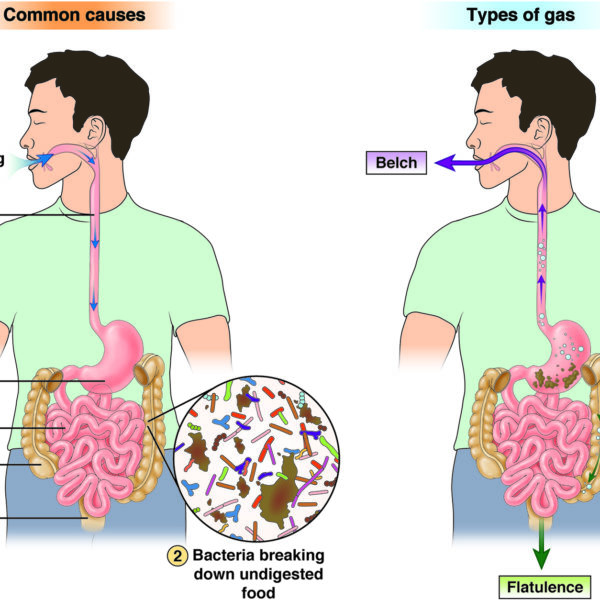
Eosinophilic esophagitis (EoE): From teen to adult care
Eosinophilic esophagitis (EoE) is when white blood cells build up in the esophagus and can result in trouble swallowing, heartburn and reflux. As a teen or adolescent with EoE, it’s time to learn how to become comfortable making your own health care decisions.

